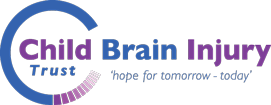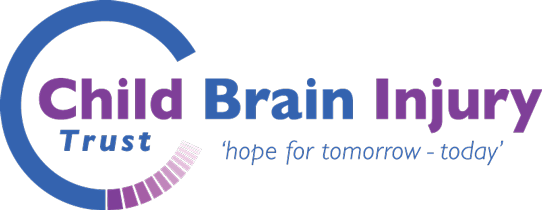Hello, my name is Dr Sophie Gosling, I am a Clinical Psychologist and Clinical Lead at Recolo.
Memory problems are common after an acquired brain injury. You may be concerned about the impact on your child’s everyday life and how to support them, as they develop and adjust.
What is memory?
Memory is a set of complex processes in the brain which is closely linked to learning and attention. It develops throughout childhood into young adulthood. Although we know that some parts of the brain are involved in memory processes, a brain injury can affect different parts of the ‘memory systems’ as there is more than one! We have three main systems:
Our memory for knowledge and facts (‘what is the capital of France’),

Our memory for events and our lives (‘remember that time when…’),

Our memory for carrying out everyday tasks (habits like knowing how to get dressed).
In addition, we use our short-term memory for immediate things (remembering a list or a phone number, working out a sum) and long-term memory where we store memories and retrieve them (facts or events). These have to link up well.
Lastly, we use our ‘prospective memory’ to remember what we are doing in the future (e.g. appointments).

Pretty complicated!!
Types of memory difficulties
Some children can experience ‘amnesia’ after a brain injury. This is a very specific kind of memory difficulty associated with a brain injury and can affect memory for events close to the brain injury (post-traumatic amnesia) or for events before the accident (retrograde amnesia).
Other memory difficulties in children are not always obvious. Sometimes they are mistaken for something else, e.g. behaviour changes, anxiety, lying, lack of motivation or dreaminess in school. So, it is very important to have a thorough assessment by a psychologist to make sure everyone understands where the difficulties lie.
I worked with a girl who seemed rude when meeting people, but it turned out she couldn’t remember people’s names or faces so couldn’t remember she’d met them before! Another example is when a child seems to be ‘making things up’ or ‘telling fibs’ when in fact they were trying to piece together fragments of memories of events to make sense to them.
If a child understands a new maths method in the classroom and then cannot remember how to do that the next day, it could be their memory that is the issue. And every parents’ bugbear, asking your child to go and do some tasks and finding them doing something else completely unrelated. It will be different for each child so knowing exactly where the problems lie is key.
How we can help
The good news is that memory difficulties can be supported, through special practice techniques or through helping memory in other ways. Things like setting reminders and alarms, putting key items in the same place, not overloading the child with lots of information, using routines, diaries and visual prompts can make a big difference. They also help to reduce stress-levels at those pinch points in the day like getting ready for school.
Psychologists will work with your priorities and find creative ways to support your child that make sense to them and fit in with your lives. For example, a young woman who loved singing was helped to use different melodies to help her remember key facts for her exams. It’s also important that everyone around the child understands their memory difficulties, and knows ways to support them, as it can get frustrating for all concerned.
Get help if you are concerned about your child’s memory. There are some helpful resources:
Resources for parents and teenagers:
Child Brain Injury Trust: many resources and factsheets on the website
All about my brain https://childbraininjurytrust.org.uk/product/all-about-my-brain/
The Children’s Trust: many resources can be found here:
For teenagers: Me and my brain https://shop.thechildrenstrust.org.uk/me-and-my-brain.html
Recolo provides holistic, home and school-based neuropsychological rehabilitation. We are a child and family-centred service, putting your quality of life, well-being and participation at the heart. We aim to make a meaningful difference to the lives of children and their families living with a brain injury. See our website recolo.co.uk or contact lois.shafikhooper@recolo.co.uk, COO.



